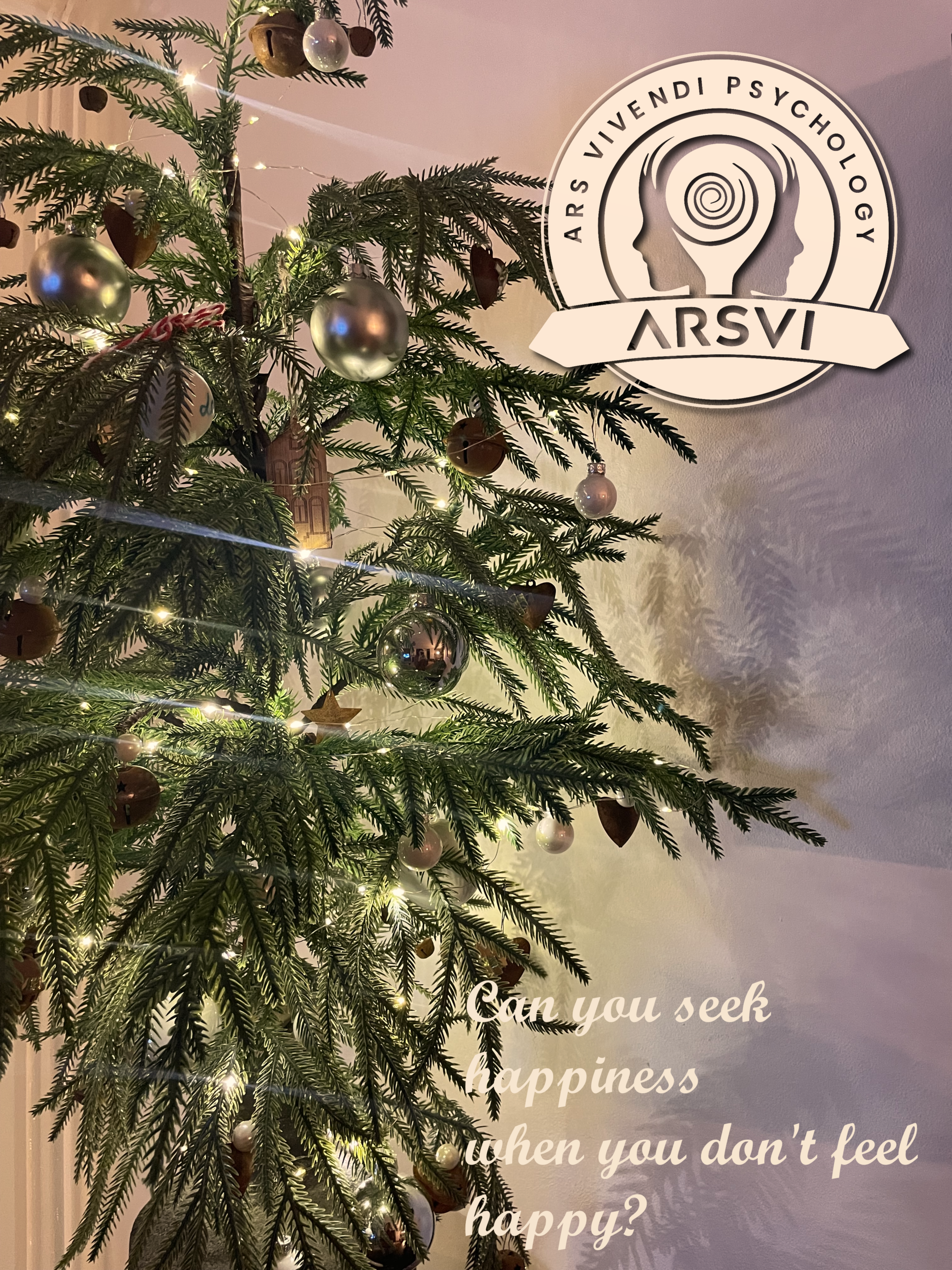Life often presents us with challenges that are far beyond our control—a global crisis, illness, loss of a loved one, financial struggles, or other external factors that leave us feeling powerless. When faced with such overwhelming situations, the very idea of seeking happiness can feel futile or even insensitive. How can you pursue happiness when circumstances seem so unforgiving? Is happiness possible when the problems are not yours to fix? The answer lies not in changing what you cannot control but in reclaiming what you can.
Accepting What You Cannot Change
The first step in seeking happiness amidst uncontrollable problems is to acknowledge what is outside your influence. This requires an honest recognition that some things cannot be solved or improved immediately—or sometimes at all. By focusing energy on what cannot be changed, we deepen feelings of frustration and despair.
Instead, radical acceptance becomes a powerful tool. It’s about recognizing the reality of a situation without resistance. It allows us to redirect our energy toward what can be influenced: our thoughts, choices, and reactions.
Why Searching for Happiness Matters
When external challenges seem insurmountable, the pursuit of happiness becomes even more significant. Happiness, in this case, does not mean pretending life is perfect or ignoring reality. Instead, it is about cultivating small moments of peace, connection, and purpose within the chaos.
Seeking happiness under uncontrollable circumstances allows us to build emotional resilience. By focusing on the internal aspects of life we can control—our mindset, daily habits, and values—we create space for moments of contentment, even if the external world feels turbulent.
Practical Strategies for Seeking Happiness Amid Uncontrollable Problems
- Focus on Your Circle of Control. While some problems are beyond your reach, others fall within your influence. Break down the situation: what can you do, no matter how small? Perhaps you can change how you care for yourself, nurture relationships, or show kindness to others. Small, actionable steps help rebuild a sense of agency.
- Create Moments of Calm. External chaos does not have to translate into internal chaos. Practices such as mindfulness, meditation, deep breathing, or spending time in nature can offer moments of calm and clarity. Even a few minutes of grounding can shift your perspective and provide emotional relief.
- Connect with Supportive People. Uncontrollable problems often make us feel isolated, as though we are alone in our struggles. Reaching out to trusted friends, family members, or support groups can remind you that you are not alone. Sometimes, shared understanding or simply being heard can ease the emotional burden.
- Seek Meaning in Small Things. When life feels overwhelming, grand sources of happiness may feel unattainable. Instead, focus on small, meaningful moments—a shared laugh, the comfort of a familiar song, or the beauty of a sunrise. These simple experiences remind us that joy can exist even in difficult times.
- Reframe Your Thoughts. It’s natural to feel hopeless when problems are beyond your control. However, consciously reframing your perspective can help. For example, instead of focusing on what’s missing or broken, try to recognize what remains good in your life. This doesn’t diminish your struggles but provides a more balanced view.
- Focus on Helping Others. Sometimes, the most powerful way to cope with challenges outside of your control is to turn outward. Helping others, even in small ways, can create a sense of purpose and connection. Acts of kindness can remind us that while we may not control the larger picture, we can make a difference in small corners of the world.
- Let Go of Perfection. When life feels unmanageable, it’s tempting to cling to unrealistic expectations of happiness. But happiness doesn’t mean perfection. Instead of striving for a problem-free life, aim for moments of peace, gratitude, and connection within an imperfect reality.
Embracing Hope in Difficult Times
Seeking happiness during uncontrollable problems is not about denying your pain. It’s about choosing to nurture small pockets of light in the darkness. This process takes time and patience. Some days, it might feel impossible to look for joy—and that’s okay. On those days, simply showing up for yourself, no matter how small the effort, is enough.
Hope is not about ignoring struggles but about believing that something meaningful can still exist alongside them. While you may not be able to control the storm, you can find moments of calm within it—and in those moments, happiness can take root.

